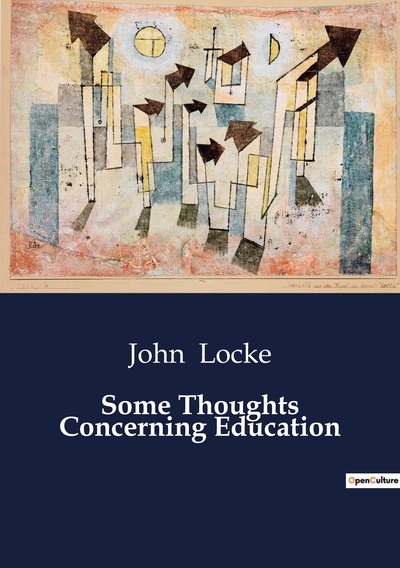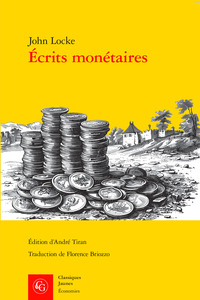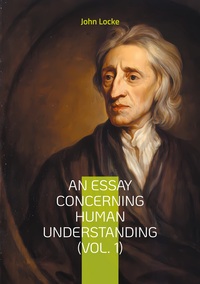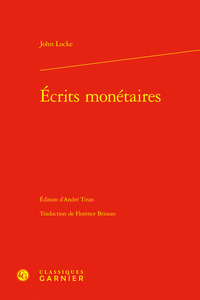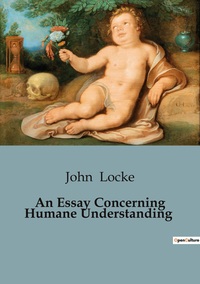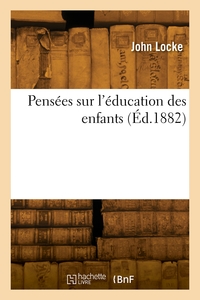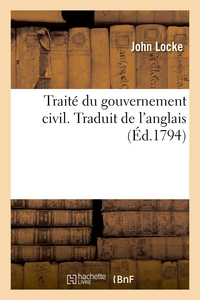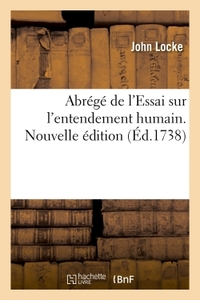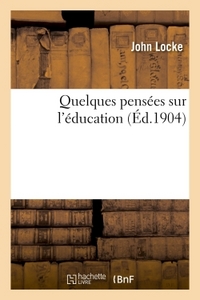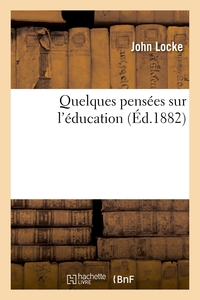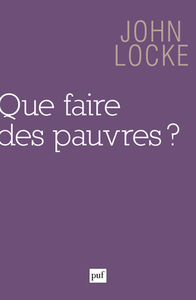Nous utilisons des cookies pour améliorer votre expérience. Pour nous conformer à la nouvelle directive sur la vie privée, nous devons demander votre consentement à l’utilisation de ces cookies. En savoir plus.
Some Thoughts Concerning Education
EAN : 9791041803804
Édition papier
EAN : 9791041803804
Paru le : 28 avr. 2023
19,95 €
18,91 €
Disponible
Pour connaître votre prix et commander, identifiez-vous
Notre engagement qualité
-
 Livraison gratuite
Livraison gratuite
en France sans minimum
de commande -
 Manquants maintenus
Manquants maintenus
en commande
automatiquement -
 Un interlocuteur
Un interlocuteur
unique pour toutes
vos commandes -
 Toutes les licences
Toutes les licences
numériques du marché
au tarif éditeur -
 Assistance téléphonique
Assistance téléphonique
personalisée sur le
numérique -
 Service client
Service client
Du Lundi au vendredi
de 9h à 18h
- EAN13 : 9791041803804
- Réf. éditeur : 293169
- Date Parution : 28 avr. 2023
- Disponibilite : Disponible
- Barème de remise : NS
- Nombre de pages : 246
- Format : H:210 mm L:148 mm E:14 mm
- Poids : 324gr
- Résumé : John Locke, the English philosopher considered to be the most influential of Enlightenment thinkers, never married or had children. Despite this, in 1684 his friends Mary and Edward Clarke asked him for advice on how to raise their son. In response, Locke composed a series of letters to them that outlined his philosophy of education. In 1693, encouraged by the Clarkes and by his friend William Molyneux, he compiled the letters into a single treatise. This treatise, Some Thoughts Concerning Education, went on to become the most influential works in educational philosophy in England for over a century, and was so influential on society as a whole that some critics consider it to be equally as important as his Essay Concerning Human Understanding. The Thoughts went through at least fifty-three editions in the eighteenth century alone, and inspired a movement for childhood education then-unheard of in Europe, ultimately resulting in the popularization of Victorian public schools. In the Thoughts, Locke advocates a practical education for a child consisting of exposure to foreign languages, gentle introductions to topics like reading and mathematics through game-like approaches, physical training and exercise, and rhetoric, all delivered by a competent and dedicated tutor. He placed the instillation of a sense of virtue as one of the most important parts of a complete education. Education was to be administered through gentle encouragement focused on the child's natural interests, and tempered with both shame and a feeling of awe for the parent. He argues that much of a child's social education is received at a very young age from their peers and the society around them; thus, controlling the societal influences around the child is of paramount importance. All of this was starkly opposed to the then-common theory of education through rote repetition, enforced with beatings. Some Thoughts Concerning Education's influence continues to the modern day, where its principles and techniques are embraced by Montessori-style education, and even television shows like Sesame Street.
- Biographie : John Locke, born on August 29, 1632, in Wrington, England, is a towering figure in the history of Western philosophy. Known as the "Father of Liberalism," Locke's contributions to political theory, epistemology, and education have left an indelible mark on modern thought. Educated at Christ Church, Oxford, Locke initially pursued a career in medicine, but his interests soon turned to philosophy and politics. His seminal work, An Essay Concerning Human Understanding, published in 1689, revolutionized the concept of knowledge by advocating empiricism and rejecting innate ideas. Locke's philosophy of mind, centered on the idea of the mind as a "tabula rasa," laid the foundation for modern psychology and cognitive science. His political writings, particularly Two Treatises of Government, championed the principles of natural rights and government by consent, influencing the development of democratic societies. Locke's ideas were pivotal during the Enlightenment, shaping the thoughts of later philosophers such as Voltaire and Rousseau. John Locke passed away on October 28, 1704, in High Laver, Essex, leaving a legacy that continues to resonate in the fields of Philosophy, Political Theory, and Enlightenment Studies.

